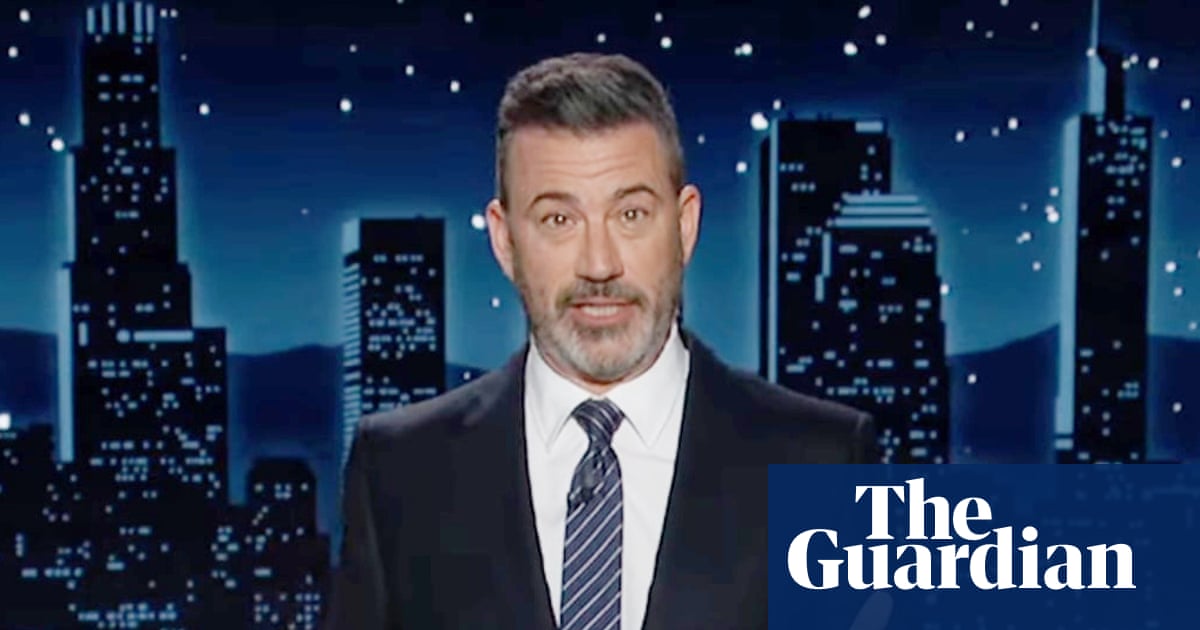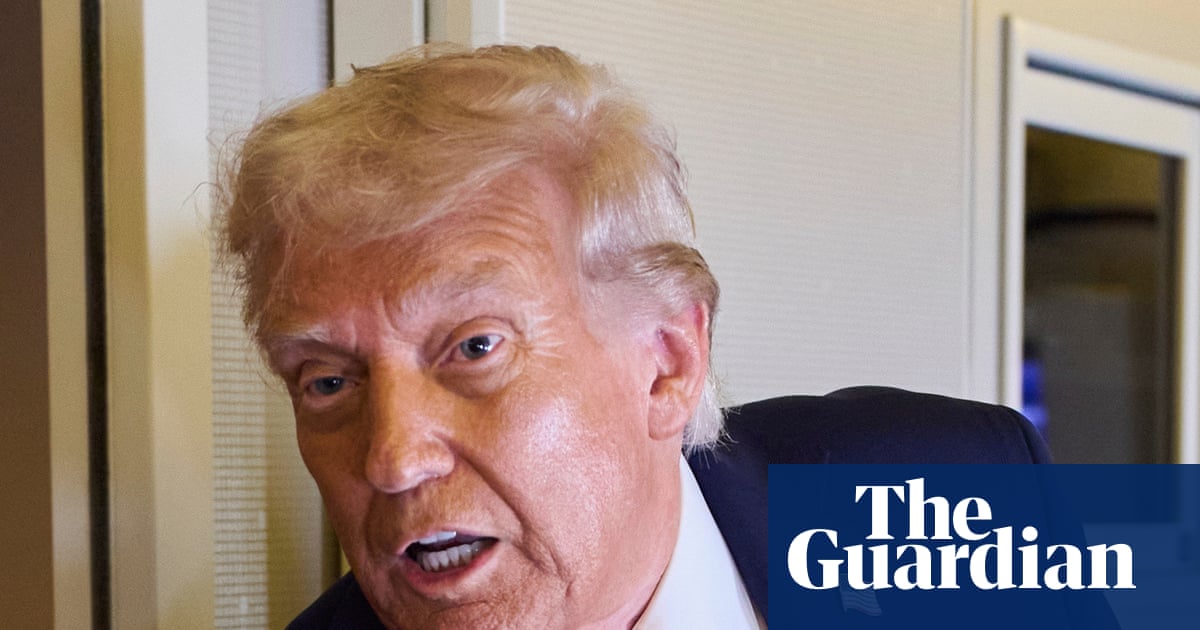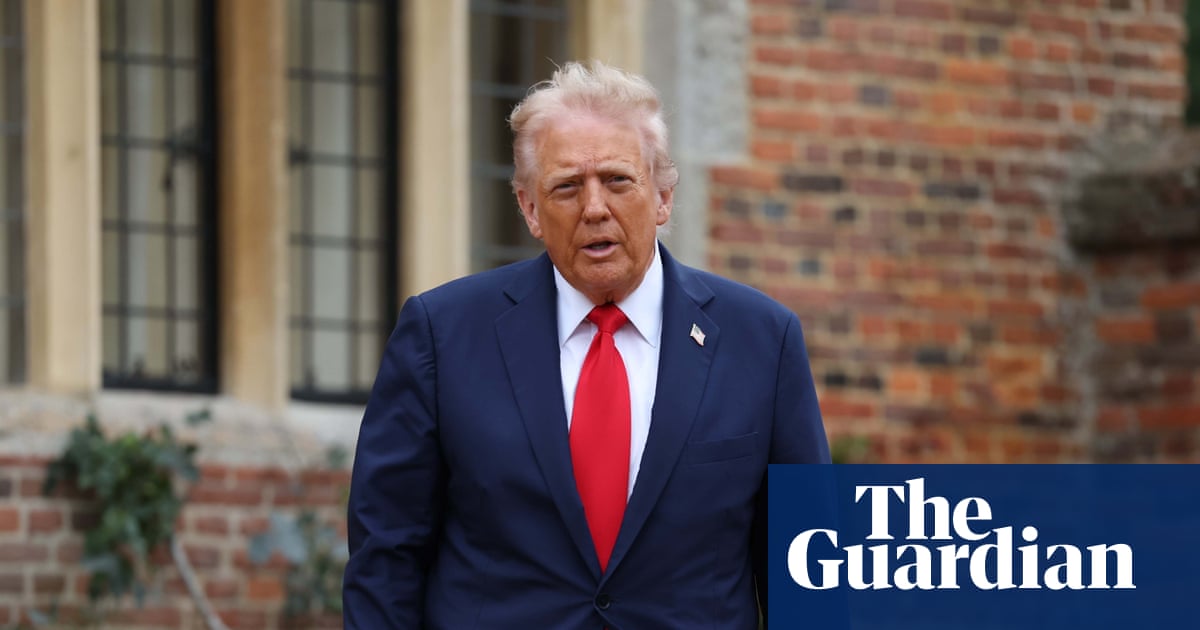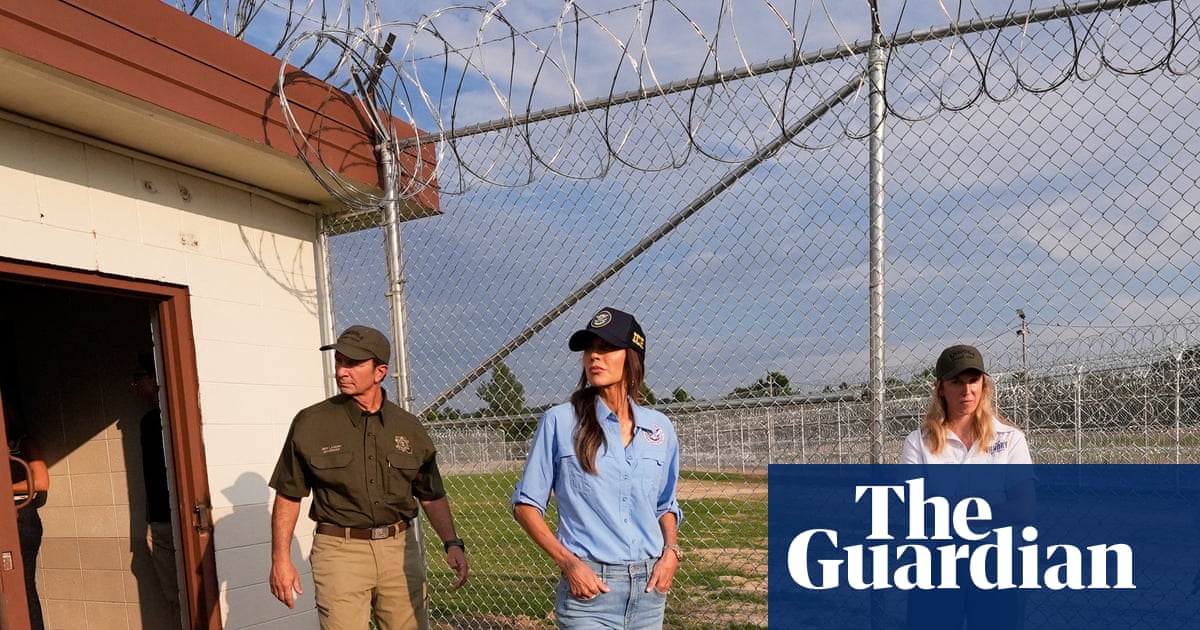January 6 demonstrated that longstanding democracies can readily resist a disorganized effort at a coup. They are less equipped to withstand the normalization of exceptional measures: the use of federal agents to quell domestic protest, the staging of police raids on the homes of leaders’ political opponents, the pretextual invocations of emergency powers. Each of these steps may seem temporary and targeted; they may even enjoy a thin patina of legality. But over time, a democratic order turns into what Ernst Fraenkel, a German-Jewish lawyer whose book The Dual State stands as one of the first and most perceptive examinations of Hitler’s regime, called a “prerogative state” – a government in which the executive “is released from all legal restraints and depends solely on the discretion of the persons wielding political power”.
So let us be clear: Trump’s commandeering of control of the Washington DC police department was simply an opening salvo. While Americans were greeted with images of soldiers in combat gear, toting rifles and establishing roadblocks and checkpoints near the National Mall, Trump was already tasking defense secretary, Pete Hegseth, with creating “specialized units” of the national guard to be “specifically trained and equipped to deal with public order issues”.
What are the politics behind this militarization of domestic policing? Trump says he alone has the will and resources to pacify the “killing field” of Chicago, but clearly his “crime fighting” justification is no more than a ruse. Statistics – that is, reality – tell us that the crime rate in Washington DC was at a 30-year low when Trump sent in the troops. Which is not to deny the rhetorical power of ruses. Installing soldiers in Democratic strongholds allows Trump to present himself as the protector of law and order, especially to Maga supporters who have been trained by rightwing news outlets to view the nation’s largest and most multiethnic metropolitan areas as dens of inequity and vice. Never mind that this is the president who pardoned members of the lawless mob that stormed the Capitol, fired career justice department prosecutors who worked to hold insurrectionists to account, and has installed in the department the likes of Jared Lane Wise, an insurgent who was charged with urging his fellow rioters to kill members of the police.
Militarizing the police also serves Trump’s politics of intimidation. Here we can connect the deployment of troops on the National Mall to the FBI’s raid on John Bolton’s residences. Both are disturbing displays of the kind of force more familiar to a police state than to a constitutional democracy. The fact that both acts were formally legal – two federal magistrates signed off on the Bolton warrants, while several statutes specific to the District of Columbia authorized the president’s use of the national guard – makes them textbook examples of the kind of dictatorial creep that Fraenkel diagnosed.
Deploying troops to police Chicago would, of course, represent a far more alarming and legally dubious exercise of executive power. The Posse Comitatus Act of 1878, a post-Reconstruction law, essentially bars presidents from using troops as domestic police. But we would be naive to conclude that federal law provides an adequate safeguard against the consolidation of the prerogative state. The Insurrection Act carves out disturbing exceptions to the Posse Comitatus Act, allowing the president, in cases of “rebellion”, to deploy the military to enforce federal law. Would a supreme court that has held that a president enjoys broad immunity from future prosecution for all “official acts”, no matter how nefarious, question a president’s determination of what constitutes a “rebellion”?
While the appearance of troops on the streets of Chicago or New York may frighten marginalized communities from exercising their basic rights of free movement, it may also trigger an equally dangerous and predictable response. The specter of city streets patrolled by soldiers trained to fight enemy combatants, not US citizens, may well serve not to quell violence but to invite it. The prospect of protests turning ugly and violent is all too real. The deployment of troops, under the pretext of responding to an emergency, then works to create the very emergency that justifies an ever-greater deployment. The danger is this is precisely what the president wants.
Why? Trump has already aggressively inserted himself in the battle over the 2026 midterms, pushing Texas to further gerrymander its already gerrymandered districts; jesting that war may supply a justification for delaying elections; and pledging to issue an executive order ending mail-in ballots – while clearly lacking the authority to do so. What if he were to deploy troops to polling places on election day?
In principle, a strong edifice of law explicitly bars such a deployment on election day, but imagine the president, in the wake of a series of violent protests, invokes the Insurrection Act to “safeguard” polling stations from domestic unrest? Now we have armed soldiers at polling stations, handling ballots, and “monitoring” the chain of custody – all done in the name of protecting democracy. Legally, such a deployment would stretch the Insurrection Act beyond recognition, but courts deliberate slowly; elections are decided in days.
As Fraenkel noted, authoritarianism does not operate outside law; it manipulates law until legality and illegality are indistinguishable.
-
Lawrence Douglas is a professor of law at Amherst College in Massachusetts

 German (DE)
German (DE)  English (US)
English (US)  Spanish (ES)
Spanish (ES)  French (FR)
French (FR)  Hindi (IN)
Hindi (IN)  Italian (IT)
Italian (IT)  Russian (RU)
Russian (RU)  3 weeks ago
3 weeks ago
























Comments